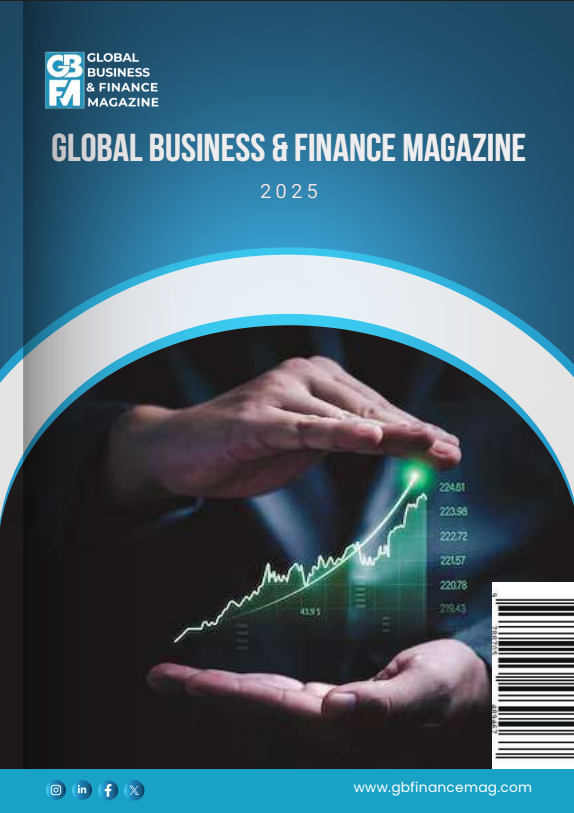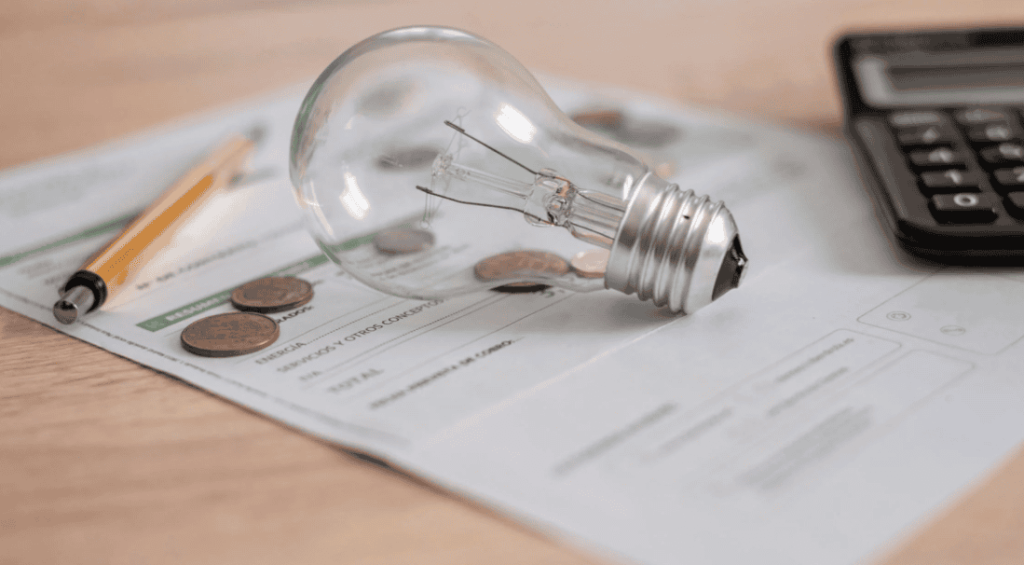Energy prices have played an important role in the recent surge in inflation. This column analyses the relationship between energy price shocks and inflation expectations of both households and firms. It finds that households extrapolate their personal experience of energy price increases to their view of the overall economy. Meanwhile, firms exhibit significant pass-through to their output prices but do not extrapolate from energy price shocks to inflation expectations. The findings are consistent with information frictions that play a role in explaining the differences between households and firms.
Inflation has risen sharply in Germany and globally since mid-2021 to levels unseen for decades. In many European countries, much of the increase in inflation was caused by large increases in energy prices, especially after Russia launched its full-scale invasion of Ukraine (Pallara et al. 2023). At the same time, energy prices were rising and inflation expectations of both households and firms had increased substantially. Prior research has shown that households and firms are often not informed about overall prices and exhibit biased expectations about future prices (Malmendier et al. 2022). For example, households rely on prices they encounter daily, such as supermarket receipts, to form their inflation expectations (D’Acunto et al. 2019). Inflation expectations play an important role in the saving and investment decisions of households and firms (D’Acunto et al. 2022, Coibion et al. 2023, Coibion et al. 2020), so it is important for monetary policymakers to understand how their expectations are formed.
In a new paper, I examine how households and firms form their inflation expectations when they experience large increases in energy prices (Wehrhöfer 2023). In contrast to prior research, I use a quasi-natural experiment – the differential timing of long-running energy contracts – for identification. The idea is to compare the inflation expectations of two groups of households over time. The treatment group had to renew their fixed-price electricity contract when prices rose sharply between mid-2021 and the first quarter of 2022. The control group renewed their fixed-price contract before the increase in electricity prices and was thus shielded from the energy price hike. This setup lends itself to a difference-in-difference design, which I estimate for both households and firms using the imputation estimator by Borusyak et al. (2024). This approach allows me to flexibly control for other macroeconomic trends that correlate with energy prices. Furthermore, it allows for a simple theoretical benchmark. Assuming agents have full-information rational expectations, the difference-in-difference estimate should be zero, as both the treated and control households or firms are fully informed about energy prices and do not need to rely on personal experience.
Figure 1 Share of households and firms hit by energy price shocks over the sample period


Notes: Figure plots the share of households (left panel) and firms (right panel) over time that experienced an energy price increase during the sample period.
I use two survey panel data sets to track inflation expectations over time – the Bundesbank Online Panel: Households, and the Bundesbank Online Panel: Firms. These surveys ask households (every month) and firms (every quarter) for their inflation expectations and other macroeconomic variables over the next 12 months. I added a special module to both surveys, asking households and firms whether they experienced an increase in energy prices, when it took place, and how high the price increase was. The data show that around half of households did not experience a price increase between September 2021 and April 2022 (see left panel of Figure 1). The price changes experienced by the rest of the households are evenly distributed over the sample period, except for January, which is consistent with other data sources showing that many contracts are renewed at the year’s start. In contrast, only around 30% of firms experienced no price increases. Furthermore, the share of firms affected by price hikes increased significantly over time (see right panel of Figure 1).
Households extrapolate energy price shocks
The results show that households experiencing an increase in energy prices increase their inflation expectations significantly relative to households that have not experienced a price increase (see Figure 2). Quantitatively, a 1% increase in households’ electricity prices increases their inflation expectations by 1.4 basis points. The effect is driven by large price shocks, which have a persistent effect on inflation expectations, whereas the effect of small price changes quickly reverts to zero. The development of inflation expectations before the price increase is very similar for the treatment and control group. This temporal pattern supports the parallel trends assumption underlying the identification strategy. My results imply that households use their personal experience to form expectations about the aggregate economy violating the full-information rational expectation assumptions. Using interaction models, I determine which demographic groups are most likely to rely on their personal experience when forming expectations. Extrapolation behaviour is particularly pronounced among low-income households and households that are less informed about past inflation. These results point to information frictions playing an important role in explaining why households extrapolate from personal experience. The effect also varies systematically with households’ expenditures on electricity. The more households spend on electricity as a share of their income, the more they extrapolate from their experience of price increases.
Figure 2 Effect of electricity price increase on households’ inflation expectations


Notes: Figure displays coefficients and 95% confidence bands from a dynamic difference-in-difference estimator and a placebo test using the imputation estimator by Borusyak et al. (2024). The placebo estimates are normalised to four months before treatment occurs.
Households extrapolate their personal experience of energy price shocks to their inflation expectations and the results are consistent with information frictions driving the effect. One important question is whether households are extracting useful signals from their personal experience. Using forecast errors or households’ deviation from professional forecasts as outcomes, I show that expectations become less accurate through extrapolation. Thus, households’ expectations become even more biased when energy prices rise.
Firms increase output prices, but not inflation expectations
Using firm data, I also show how high-level decision-makers in firms form their expectations in response to energy price increases. As a benchmark, I first estimate the pass-through of energy price hikes to output prices. As Figure 3 shows, firms significantly increase their output prices after getting hit by an energy price shock. In total, they pass through about 70% of the energy price shock to output prices. However, firms do not change their inflation expectations when their energy input prices increase. This result implies that decision-makers in firms do not extrapolate their firm-specific shocks to the overall economy. This finding is consistent with results at the household level showing that high-income and well-informed households do not extrapolate their personal experience. Firm decision-makers are on average better informed and have higher incomes than the general population.
Figure 3 Effect of energy price increase on firms’ prices and inflation expectations


Notes: Figure displays coefficients and 95% confidence bands from a dynamic difference-in-difference estimator and a placebo test using the imputation estimator by Borusyak et al. (2024). The placebo estimates are normalised to two quarters before treatment occurs.
Concluding remarks
Many central banks, such as the ECB and the FED, focus on core inflation, which excludes energy and food when making decisions about interest rates. One rationale for their focus is that energy prices are generally more volatile and central banks should ‘see through’ them. I show that energy prices not only have a direct effect on inflation as an input good but also affect households’ inflation expectations, which central banks generally aim to stabilise. Thus, policymakers should keep in mind that even short-run spikes in energy prices can potentially have an important effect via the channel of inflation expectations.
Source : VOXeu



































































